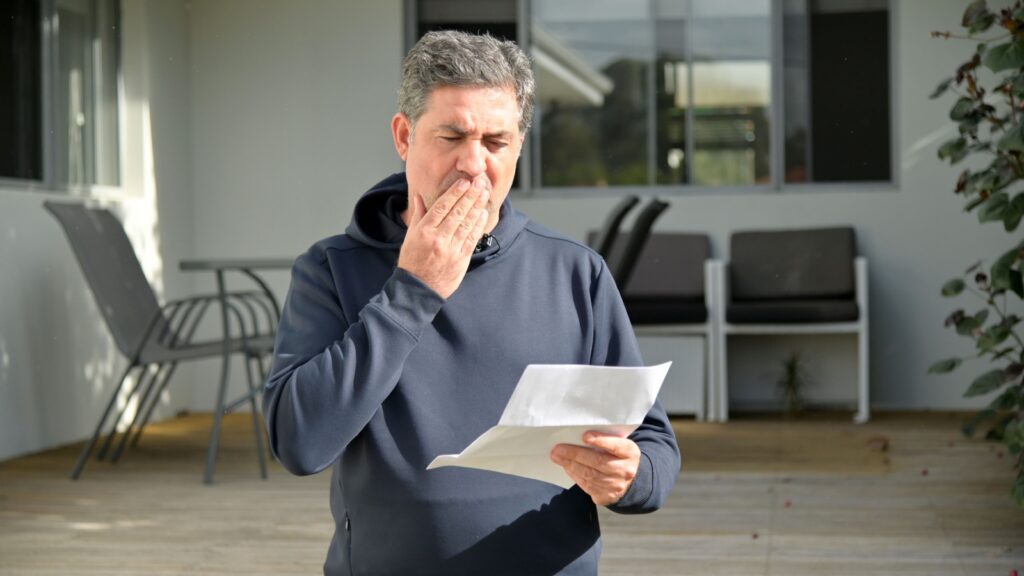Can a Domestic Violence Conviction Be Expunged in Missouri? A domestic violence conviction in Missouri can potentially be expunged, however several important factors must be considered. You need an experienced domestic violence defense attorney helping you through this complex process. Call Combs Waterkotte now at (314) 900-HELP or contact us online for a free, one-on-one case review where you can discuss the specifics of your case with one of our expert criminal defense attorneys.

Expungement is the legal process of sealing a criminal record from public access, effectively allowing you to move forward without the conviction following you in background checks for employment, housing, and other areas.
Missouri allows certain criminal records to be expunged, including some domestic violence-related offenses. The goal of expungement is to help you move past your criminal history after demonstrating rehabilitation and good behavior. Our skilled defense lawyers know that good people find themselves in bad situations, and we’re here to help you move forward.
Some key factors to consider for expungement include:
Type of Domestic Violence Charge
- Misdemeanor Domestic Violence Convictions: Misdemeanors are generally more likely to be eligible for expungement. A fourth-degree domestic assault conviction, which is considered a class A misdemeanor, might qualify for expungement if all other conditions are met.
- Felony Domestic Violence Convictions: Felonies, especially those involving serious injury, violence, or a repeat offense, are much harder to expunge. A conviction for a second-degree assault, which is a class D felony, might not be eligible due to the severity of the crime.
Waiting Period
- For a misdemeanor domestic violence conviction, there is usually a three-year waiting period after you have completed your sentence, including probation, parole, or any court-ordered obligations – like paying fines or restitution. This waiting period must elapse without any new criminal convictions.
- For a felony domestic violence convictions, the waiting period is longer, generally seven years after the completion of the sentence. During this time, you must demonstrate that you have not been involved in any further crimes.
Other Eligibility Requirements
- Impact on the Victim: The court may take into account whether the expungement would affect the victim, particularly in cases of domestic violence. The victim may have the opportunity to object to the expungement. Your defense attorney has decades of experience in this situation, and will provide the facts necessary to overcome this objection.
- Demonstrated Rehabilitation: You must show that you’ve made efforts to rehabilitate and reintegrate into society. To demonstrate this, the Combs Waterkotte legal team can call upon character witnesses and other experts. The court will look at whether expunging the record is in the public interest.
- Clean Record: During the waiting period, you must not have any other pending charges or criminal convictions. Even traffic offenses or parking tickets could hurt your chances.
Even if an expungement is granted, it’s important to remember that:
- Your record is sealed from public view but not destroyed. Law enforcement agencies and some government entities might still be able to access expunged records.
- Expunged convictions can’t be used against you for the majority of purposes, like in job applications or housing, but they might still have implications in things like firearm ownership or future criminal cases.
What Offenses Can’t Be Expunged in Missouri?
Some of the offenses not eligible for expungement in Missouri include:
- Any class A felony offense
- Any dangerous felony defined in RSMo. § 556.061
- Any offense that requires registration as a sex offender
- Any felony offense where death is an element of the defense
- Any felony offense of assault or felony offense of kidnapping
- Other offenses listed on mo.gov
Can a Domestic Violence Conviction Be Expunged in Missouri?
If you’re considering expungement for your domestic violence conviction, it’s vital to consult with a knowledgeable defense attorney to evaluate your case and increase your chances of success.
Call Combs Waterkotte as soon as possible at (314) 900-HELP or reach out online for a free, confidential consultation.






